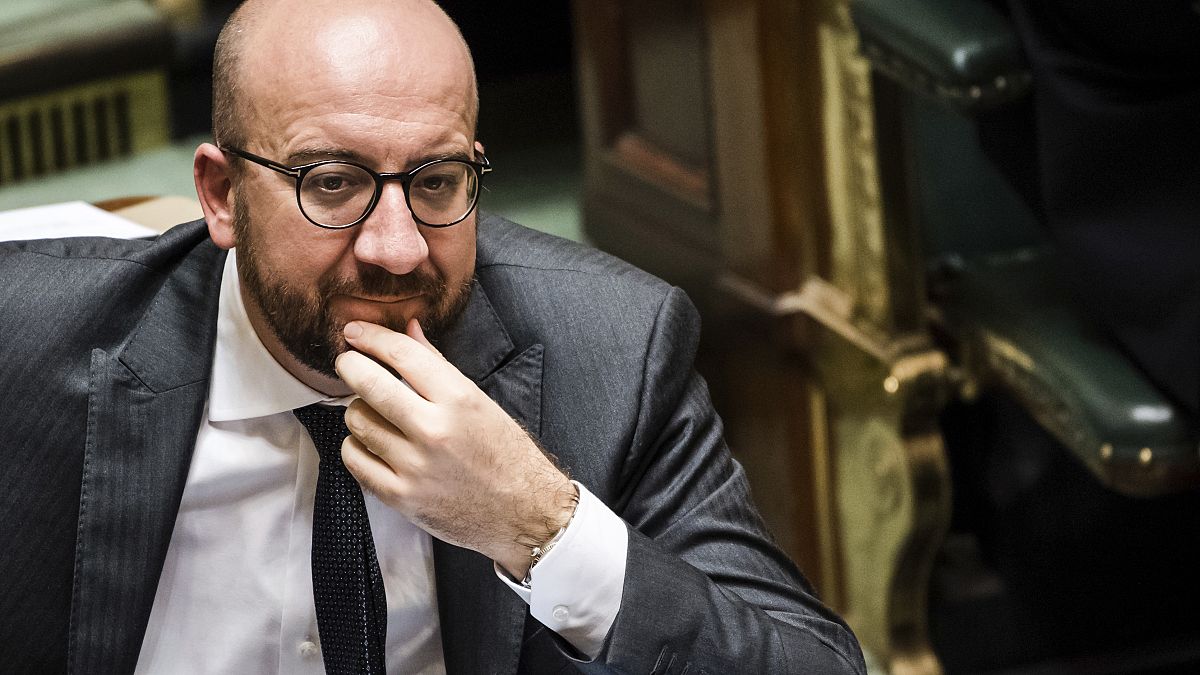Re-appointing Ursula von der Leyen as EU executive chief won’t be a walk in the park, as the European Council president expects long, protracted negotiations on top jobs.
Before giving way to his successor, Charles Michel will need to broker a deal on the next leadership team for the Commission, the European Council, and the European Parliament, as well as the EU’s High Representative for Foreign Affairs.
“I have the modest impression that I’m not the only one thinking that it won’t be easy,” he told a pooled media interview attended by Euronews.
Michel does not believe Ursula von der Leyen’s path to be reinstated at the helm of the Commission will be unencumbered in view of uncertainty around the Parliament’s composition after the EU elections planned from 6 to 9 June.
“I’m very careful with the polls but the most likely [scenario] is that no party will get an absolute majority at the European Parliament,” he said.
Finding a political, geographical, and gender balance in the top job nominees is another hard nut to crack for EU leaders, although Michel warns that “the principle of balance per se is not an exact science”.
Agreement is preferable by consensus among leaders on the names, he said, but the European Council president did not rule out recourse to a qualified majority vote, as prescribed by the treaties.
The next steps in the process will include an informal dinner on 17 June where EU leaders will consider the jobs in the light of the EU election results, setting the scene for the official European Council meeting on 27-28 June.
According to Michel, the leaders so far consulted agreed that it is key to come up with a final decision on the EU top jobs by the end of June, so the Parliament can vote on the issue as swiftly as possible when it convenes in July.
Michel touted no names, but said he would prefer for “a more impartial next Commission president”, citing Article 17 of the Treaty on EU (TEU), which enshrines the executive’s role as guardian of the treaties.
He mentioned infringement procedures and the Commission’s stance on the conflict in Gaza as examples of potential politicisation of the EU executive.
“What is the risk? That this is used by those who are fighting against the EU integration to give the impressions that there are double standards,” he added
“The more the Commission is impartial and [serves as] guardian of the treaties, the more we can have a serious impact and defend our interests,” he said.
Elsewhere during the interview, the Council president cautioned against proposals for reforming the EU treaty in the short- or mid-term, arguing that diverting focus away from Europe’s competitiveness to reshaping institutional powers would be “a stupid mistake”.
“The full potential of the Lisbon Treaty is not used,” he said, adding that untapping existing potential could bring about more efficiency at the EU level.

